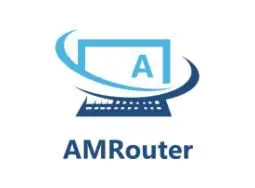Introduction
If you’re looking for the best small business routers money can buy, you’ve come to the right place. This article compiles a list of the best router for small business. Any of these would make excellent home offices.
A router is required to connect multiple networks and transport data between them quickly, effectively, and reliably, whether you own a small legal office or a neighborhood coffee shop.
In recent years, the quality of routers has improved, and there are now numerous fast dual- and triple-band routers that support multiple networks, which is useful if you own a business where customers and employees must connect to different networks (like in a restaurant or retail shop).
The level of security, whether the router can create a Verified Private Network (VPN), and the size of the area the router must cover are all important considerations (a small office might need to have more coverage than, say, a cafe).
While looking for the best small business router for your needs, you don’t have to worry about it being able to manage a large amount of network traffic. You will, however, need something with enough capacity to manage multiple users and devices constantly accessing the network.
Modern routers frequently provide dual or even triple-band connectivity, in addition to a slew of other features found on much more expensive enterprise-grade devices but available at a much lower cost. Some even allow you to create your own cloud storage, which is adequate for the majority of SMBs but not a viable substitute for one of our top cloud storage providers.
Due to the complexity and demands of running a wireless network nowadays, the best small business routers now include a significantly broader range of features, including hardware commonly found in laptops.
The best small business routers should be simple to install, use, and maintain. As a result, smaller businesses will not need to hire a full-time administrator or IT team. The user interface on a PC or mobile device will make it simple to access all of the powerful features included in this list of the best small business routers.
We carefully selected and compared each of the top small business routers on this list based on factors other than speed, cost, or QoS features that are more important to business users, such as security, support, remote access, business VPN, WAN redundancy, connectivity options, and scalability.
Best WiFi Router for Small business 2023
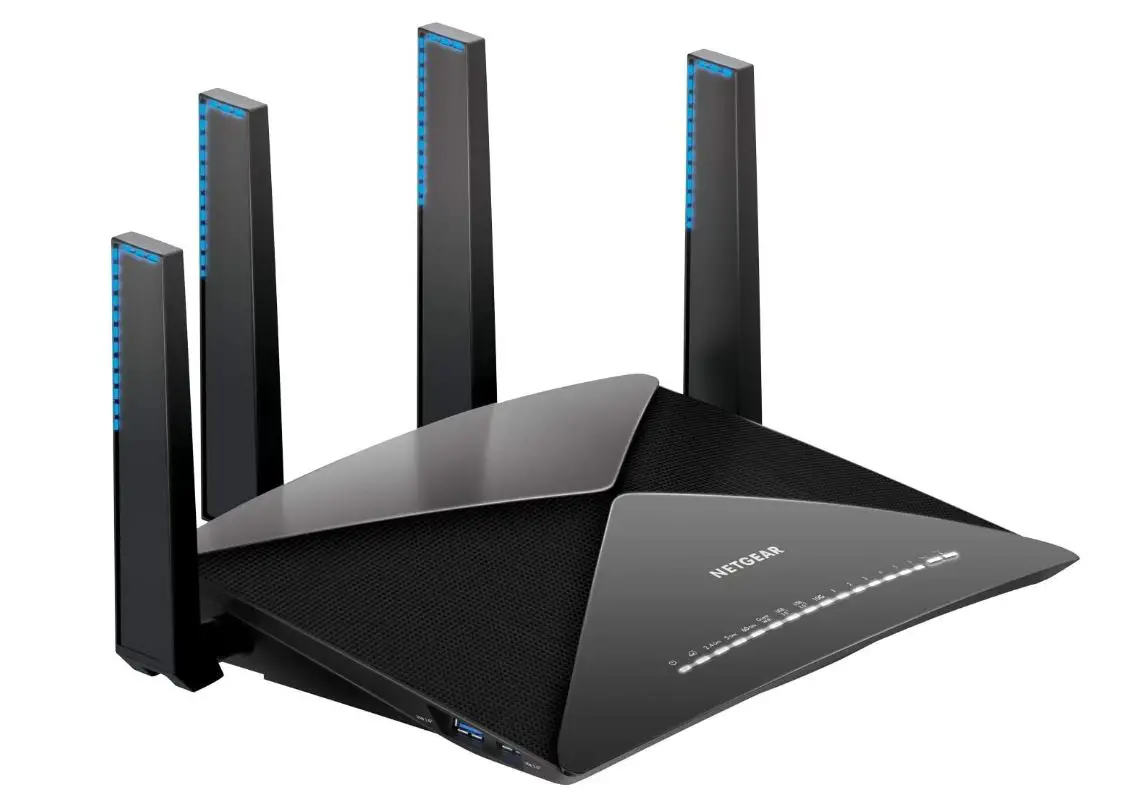
Netgear Nighthawk X10 Router for Small Business
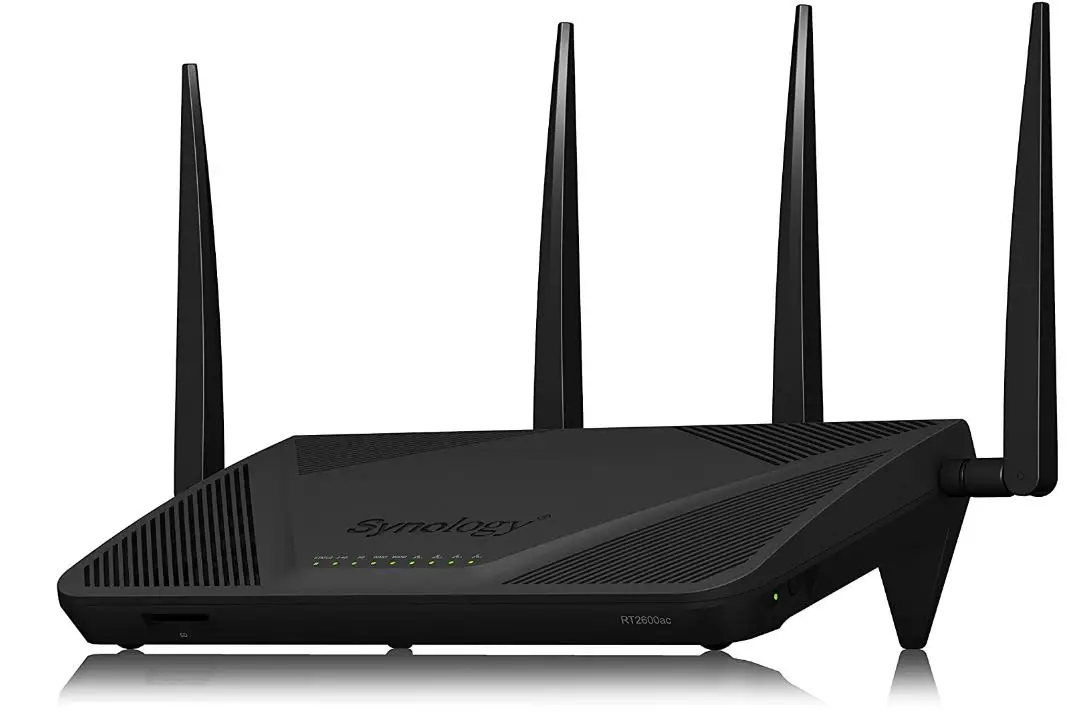
Synology RT2600ac router for small business
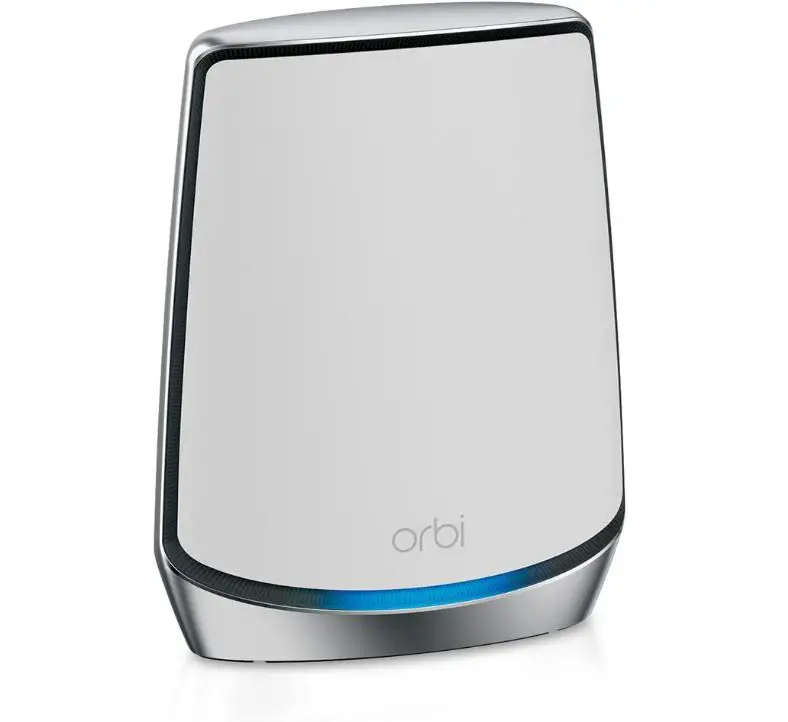
Netgear Orbi RBS850 Small Business Router
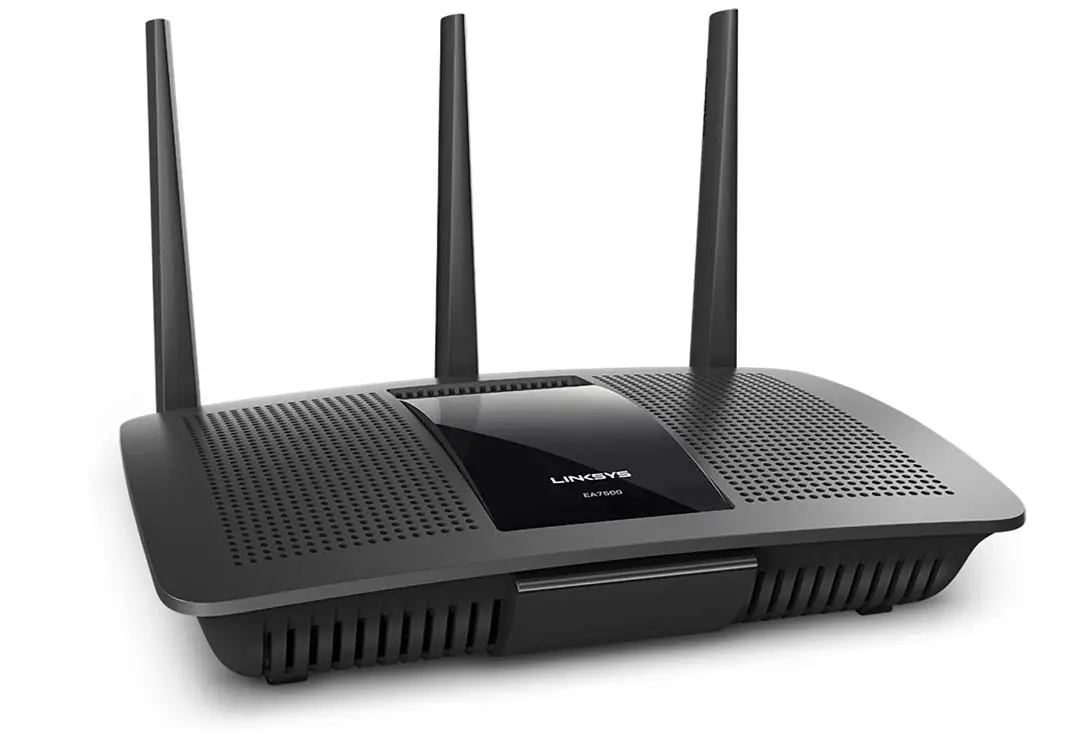
Linksys EA7500

Netgear Orbi SRK60 Small Business Router
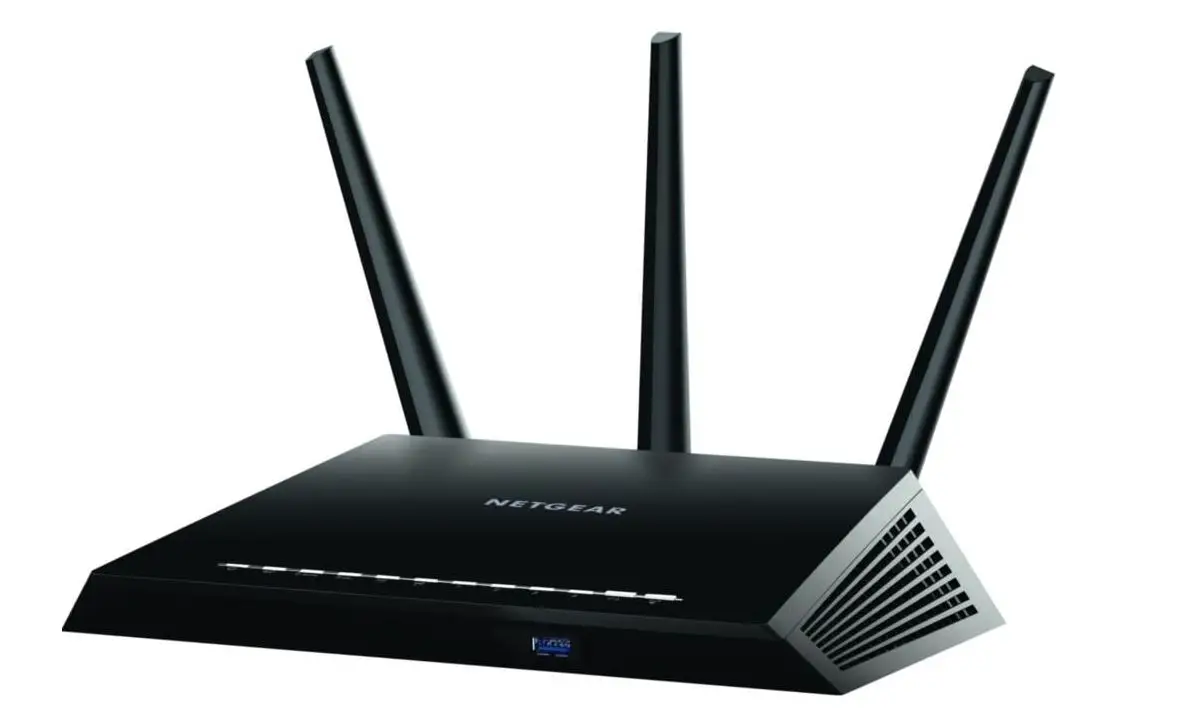
Netgear Nighthawk X4S Small Business Router
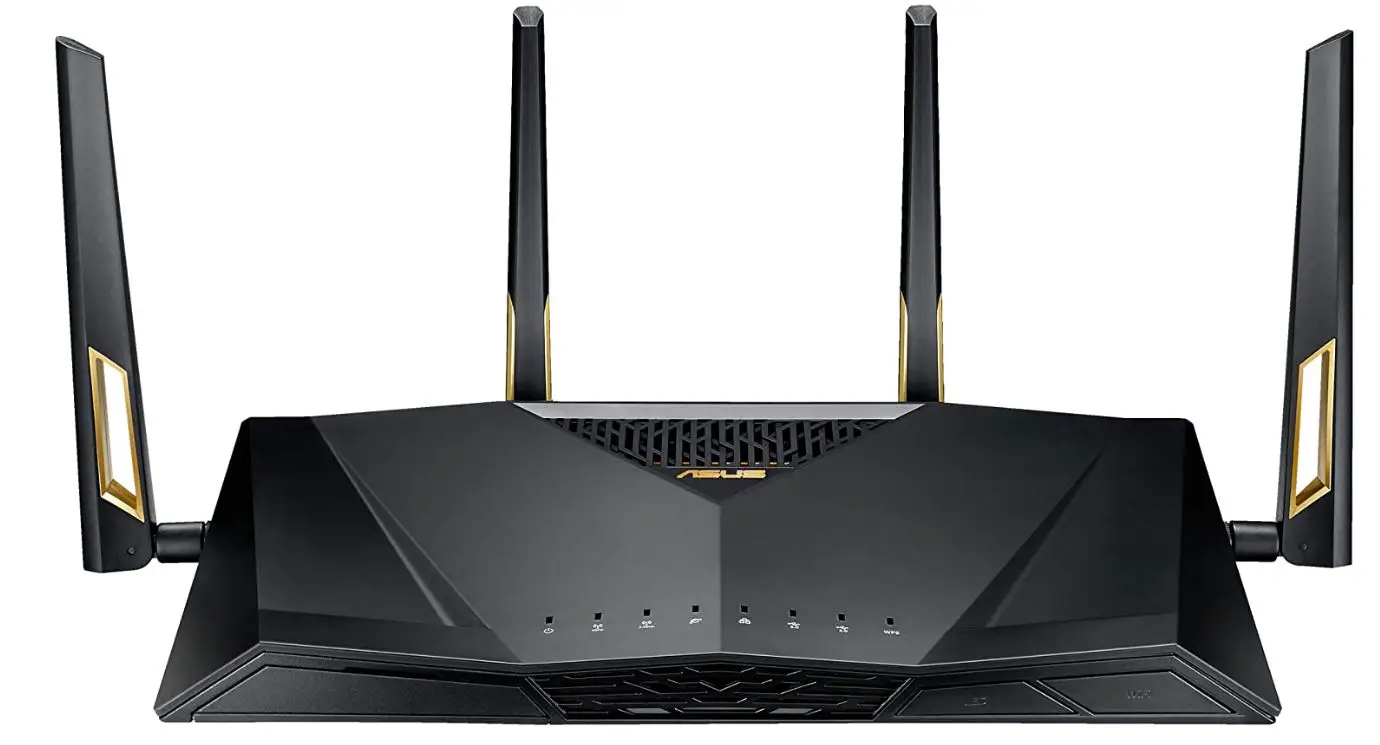
Asus RT-AX88U Router
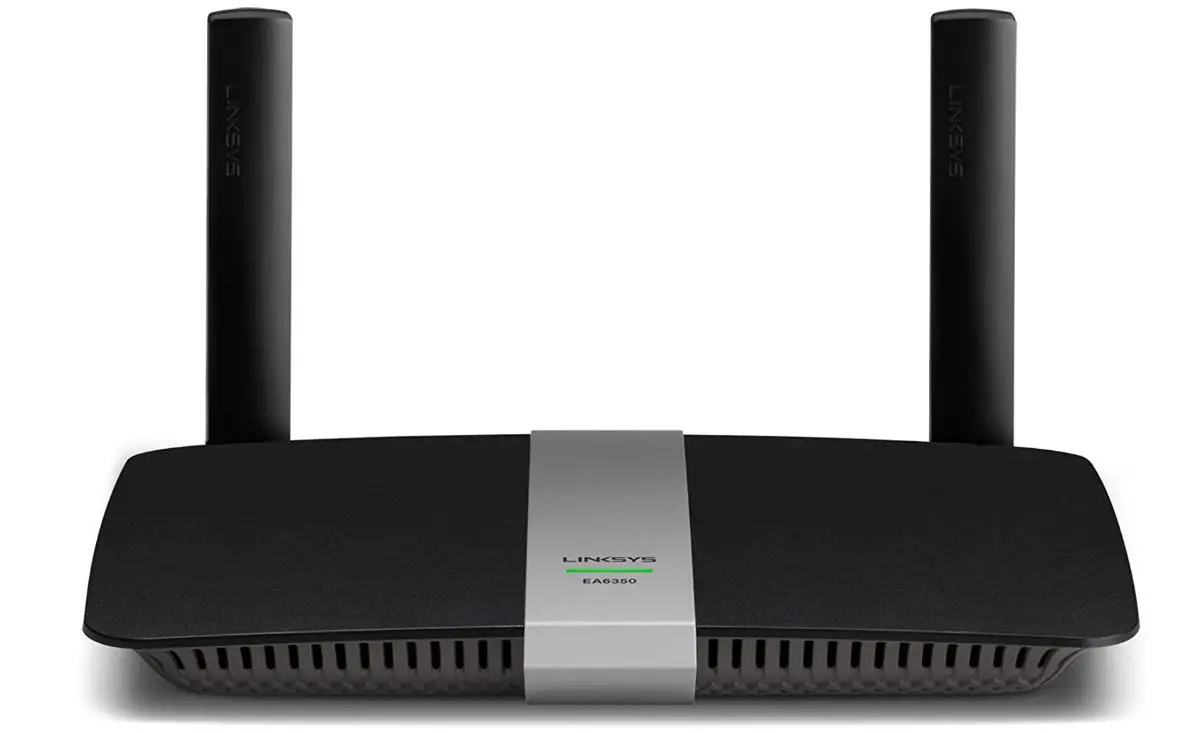
Linksys EA6350 Small Business Router

The Netgear Nighthawk X10 is one of the most powerful and dependable small business routers on the market today, and it easily earned our top spot. It’s a tri-band router with a 2.4GHz channel, a 5GHz channel, and a 60GHz channel for maximum connectivity options across employees, network devices, and customers.
Furthermore, the wireless router can provide up to 4600 Mbps on its 60GHz band, assuming you have those speeds from your ISP. As a result, you’ll have the fastest internet available for all of your business and customer needs, similar to how the best router for 1GB internet works.
The Nighthawk X10 is also extremely well-designed. It has a sleek and edgy design aesthetic that looks good in any setting. Furthermore, its four adjustable antennas provide a range of up to 2500 square feet, which is a significant benefit. You’ll also get six gigabit LAN ports on the back of the router, allowing you to easily hardwire devices.
When it comes to network configuration, the Netgear Nighthawk X10 will not disappoint. The simple interface allows you to customize a wide range of settings, such as parental controls, guest networks, and Quality of Service prioritization for specific devices. If you’re looking for the best wifi router for long-range, this is a great option.

The Synology RT2600ac (opens in new tab) is the result of combining a typical wireless router with a network-attached storage device, or NAS (well, it gives you a bit more besides, too).
Although it lacks the most powerful specs or even a conventionally appealing shell, the RT2600ac packs a slew of features (such as a built-in VPN and the ability to aggregate two WAN ports) that make it a worthwhile purchase. The company’s most well-known product is its NAS boxes.
Despite the fact that it only has 4GB of built-in storage, you can connect an external hard drive and create your own cloud service similar to Microsoft OneDrive or Google Drive.
Even NAS-grade applications, such as a VPN client and server, are free.
Unfortunately, there aren’t many apps available right now, and the ecosystem could benefit from more community involvement. Hopefully, this will change over time.
Despite its more complicated functions and a less-than-perfect setup procedure, the Synology RT2600ac is far more user-friendly than most NAS devices.
Although there are some issues with this router, keep in mind that this is only Synology’s second attempt at developing its own router.

The Netgear Orbi RBS850 is a mesh small business router that offers some of the best coverage and range available today. This is the best option if you have a large office space or storefront that requires a Wi-Fi signal in every nook and cranny.
The Orbi system provides blanket coverage across your entire space by utilizing a central router and multiple satellite routers. Another advantage is that the Orbi RBS850 is Wi-Fi 6 compatible, which provides extremely fast speeds for all devices.
When it comes to installation and initial configuration, you won’t find anything easier than the Orbi. Even if you have more than one device to install, the overall process is straightforward and efficient. You’ll get a smartphone app that walks you through every step of the process, allowing for a simple plug-and-play setup.
Unfortunately, the Orbi router and extenders are slightly larger than other routers, but they are well-designed so that they do not protrude in an inconvenient way. The Orbi also provides extensive customization options, which adds to its overall performance and dependability.

The Linksys EA7500 small business router is a low-cost networking option that is ideal for most local small businesses.
Linksys’ overall user-friendliness and methodical approach to installation particularly impressed us.
You don’t need to spend hours configuring each configuration; simply plug the router in, turn it on, and connect it to a computer.
The overall performance of the Linksys EA7500 router also impressed us.
With this reasonable option, you will receive dual-band capabilities, giving you more flexibility in the bands that your devices can connect to.
Fortunately, both the 2.4GHz and 5GHz bands perform admirably, with fast data rates and extensive coverage.
You’ll be relieved to learn that there are numerous network management settings available, such as parental controls and Quality of Service options.
The parental controls provided by the EA7500 are still adequate for a start, though not as comprehensive as some other solutions.

The Netgear Orbi SRK60, also known as the Orbi Pro, is another mesh wireless router that employs a central unit that connects to a variety of satellite units to provide blanket network coverage of up to 5,000 total square feet. This makes it ideal for large office spaces or storefronts where connectivity is required everywhere.
It is also intended to be user-friendly and simple to install. The Orbi system guides you through the setup process with a smartphone app, but it isn’t as simple as other routers, especially when it comes to some of the more technical requirements.
The Netgear Orbi Pro, on the other hand, is extremely powerful. It’s a tri-band router with three different channels for connecting wireless devices. This gives you more leeway in prioritizing certain devices over others, and it even allows you to set up a guest network for your customers.
The Orbi mesh router also provides speeds of up to 3 Gbps, ensuring that you always get the best bandwidth from your ISP. When combined with the best conference room webcams, your office setup is complete.

The Netgear Nighthawk X4S small business router is an excellent choice for small business owners with large spaces that require an internet connection all around.
Dual-band capabilities on the 2.4GHz and 5GHz bands are available here.
With this type of dual functionality, you can prioritize the most important devices on the 5GHz band, resulting in the highest throughput and overall performance.
This is ideal for larger office spaces because both bands sound good from a long distance.
Furthermore, the Netgear Nighthawk X4S excels at providing strong performance for a variety of devices.
Because of the router’s excellent MU-MIMO capabilities, you will be able to connect up to 45 devices at once without experiencing service outages or disconnections.
The X4S also has a plethora of customization options, and changing these settings is a breeze.

The Asus RT-AX88U is one of the most powerful small business routers we’ve looked into so far. For starters, it supports the newer Wi-Fi 6 technology, which provides faster speeds and more consistent signal strength across the board.
You’ll also get a powerful 1.8GHz quad-core processor to power the entire device, resulting in a faster, more reliable overall experience.
When it comes to network management and protection, the Asus RT-AX88U provides an excellent user experience. We were particularly impressed by its robust Quality of Service (QoS) offering, which allows you to specify which devices receive priority internet service and at what times of the day.
You’ll also get parental controls, gaming boost options, and security features in addition to QoS settings. The router comes with built-in malware protection, which is a huge benefit for small business owners. You might be interested in the best VPN for network security as well.

Because it provides a good balance of features and functionality at a reasonable price, the Linksys EA6350 is the best inexpensive small business router.
To begin, the EA6350 is a dual-band router, allowing you to connect to both the 2.4GHz and 5GHz bands.
This router’s 5GHz performance, which is faster and more reliable than its price suggests, most impressed us.
We were also impressed by the router’s modest simplicity.
Because it is so strong and small, you can practically put it anywhere in your office without it getting in the way.
Keep in mind that the device has two adjustable antennas that are not removable when deciding where to install it.
In terms of setup, the Linksys EA6350 is remarkably simple to set up and use, even for those who aren’t as tech-savvy.
Overall, the EA6350 is the best option if you need to save money on networking hardware.
Buying Guide for the Best WiFi Routers for Small Business
The first step in selecting the best small business routers should be to assess the size of your office.
If you have a large workplace, a wide-range router will be useful.
Examine the number of internet-connected devices in your home. Consider your smart speakers, TVs, lights, and other appliances that require an internet connection to function.
If your office building is large and has multiple floors, a mesh router will provide better connectivity.
Check the number of communication bands on the router. With a single-band router, having too many devices on the network may cause your internet traffic to back up. However, if you have a dual-band router with 2.4GHz and 5.0GHz bands, you may be able to separate internet traffic and achieve faster speeds.
Consider the router’s available speeds, ease of setup, and the availability of a useful companion app.
Before we started comparing small business routers, we had to pause to see if there were any features that small business owners would value more than the average consumer. It can be difficult to determine which of these devices is best suited to each application because many of them blur the line between personal and professional use. However, after conducting our research, we concluded that the most important characteristics to look for in small business routers were long-term dependability and customization.
You should start by selecting a router that will last for many years. This includes regular firmware updates as well as physical design. Although you want your router to be supported indefinitely, you don’t want it to break after a year. As a result, we awarded bonus points to items with excellent designs that are likely to outlast the competition.
The next topic of discussion was performance, which includes speed, range, and dependability. The most important factor to consider when it comes to speed is whether your small business router matches the speeds provided by your ISP.
However, routers with higher speeds received a higher rating because they are more durable and will continue to function if you decide to increase your ISP plan in the future. Although the range is also affected by your location, we gave extra points to routers that can generate a strong signal over longer distances.
We also considered network security and customization. This is especially important for small business owners. We preferred wireless routers with built-in security features, but alternatives with the ability to specify your own security parameters received high marks. Small business routers also performed better if they had simple menus and interfaces that made it easier for non-techies to configure their networks.
Most Important Features to Consider
Performance
When designing a wireless network for your staff, customers, or both, nothing is more important than overall performance. As a result, a business router is superior to a home router. You don’t want to provide a poor WiFi experience that turns customers away. As a result, it is critical that you invest in a small business-safe router capable of providing the necessary speed and signal strength.
Most small business routers are dual-band or tri-band, which create two or three networks to which devices can connect. For busy businesses, we recommend investing in a tri-band router. You should also consider the bandwidth speed provided by your internet service provider (ISP) and select a powerful Cisco router that can handle at least that amount, if not more.
Range
The wireless router you use can have a wide range depending on the type you purchase. However, not every small business owner requires a router with a coverage area of more than 3,000 square feet. Take into account the size of the area where the wireless network will be installed. If it’s small, it won’t need as much range.
If your storefront is large and busy, however, you will undoubtedly require a WiFi router that can easily navigate greater distances and more obstacles.
Security
When you allow your employees or the general public to use your wireless network, you immediately add uncertainty to the situation. You have no idea what people on your network will search for or how they will use your WiFi. This is why it is critical to consider the type of integrated security measures provided by your wireless VoIP router. The best options give you access to firewall settings, advanced security tools, and the ability to block unwanted websites.
Network Management Settings
Administrator access to the ISR4K and most other small business routers allows you to change a variety of network settings. You may or may not want to explore these types of settings, depending on how involved you want to be, and this will affect how much customization access you require.
Some routers provide significantly more network configuration options, whereas others only provide a minimally functional user interface. Parental controls, device QoS prioritization, and VPN configuration are just a few of the things you can change in the network management settings.
Wi-Fi 5 or Wi-Fi 6?
Wi-Fi 5 should be sufficient for up to ten or more smart devices, but Wi-Fi 6 will be required if you need to connect more. As a result, any small business with more than four employees should invest in Wi-Fi 6.
Not sure what the distinction is? Don’t be concerned. Wi-Fi 5 was the standard wireless protocol until 2016 when it was replaced by Wi-Fi 6, the most recent and fastest model with excellent tools for connecting to multiple devices.
Dual-band vs tri-band routers?
If you need to connect 30 or more devices, regular tri-band routers are a good option. Otherwise, a standard dual-band router should suffice.
Dual-band routers have two bands, as the name implies: 2.4 GHz and 5 GHz. The latter is faster but has a shorter range.
There are now tri-band routers available. These have an additional 5 GHz or 6 GHz band. This frees up bandwidth, allowing more devices to connect.
By the way, there is another type of tri-band router. Some Mesh systems, such as the Netgear Orbi RBK852, include a third band to which you cannot connect. The second 5 GHz band is a “backhaul” band.
This backhaul band is used to improve mesh satellite connectivity.
The best small business router: How we test
We tested the top small business routers based on a variety of criteria, including their speeds, coverage areas, communication bands, and router types.
We considered the routers’ ability to support a wide range of devices as well as the size of offices for which they would be most suitable. We provided solutions for standard and mesh routers that could be used in a variety of settings.
We looked at their companion apps and consoles to see how simple they were to set up, how easy they were to use, and whether they offered advanced tweaking options for power users.
We considered the WiFi standard, connectivity options, and price of the routers, among other things.
Frequently Asked Questions
What is a Wi-Fi router?
A wireless router is an essential component of any Wi-Fi network. It makes no difference how many devices are linked to your home’s Wi-Fi. They will all be useless without a working internet connection.
A router connects your phone, tablet, and other devices to the internet wirelessly. It connects to an electrical outlet and broadcasts the internet signal to the devices that are connected to it.
The best Wi-Fi routers make network management and data access simply by providing a signal that is not lost in interference.
What is the best router for small businesses?
The router that meets the needs of your company, employees, and clients is the best option for small businesses. Even if it appears to be a hazy response, it is the one that needs to be heard the most.
Routers are available in a variety of sizes and shapes. The one you buy will have speed, range, and adjustability options to meet your needs and vision.
What is the best router for business use?
The best router for business applications offers the ideal balance of speed, range, and customizability, allowing you to create a one-of-a-kind network experience. You’ll be able to do this in such a way that both your employees and customers will be happy whenever they’re around.
How many routers do I need for a small business?
The number of routers required by a small business is entirely dependent on how they will be used. If you and a small group of coworkers are in a limited area, a single wireless router will suffice. However, if your company has multiple sections for customers and employees, you might want to consider getting a mesh router or several routers.
What is a business router?
A business router is a piece of networking equipment that is solely used for business purposes. You may find that, particularly in a small business setting, the majority of these routers share the same attributes and feature sets as consumer routers. As you use larger commercial routers, you’ll notice more distinctions between consumer and business equipment.
What is bandwidth?
Bandwidth refers to the specific width of a data transmission channel. It is usually expressed in megabytes per second (Mbps). Higher bandwidth means you can stream or download content more easily and quickly than with lower bandwidth.
The amount of available bandwidth is determined by the number of users connected to the network and the amount of data they are transferring.
Bandwidth is important for small businesses because it affects network speed and quality.
What kind of speed do I need for my small business?
Most small businesses should be able to get by with 300+ Mbps. That kind of speed would be sufficient for a team of ten or so, but it all depends on the type of online activities people will be engaging in. Video calling and streaming, for example, consume a lot of internet bandwidth.
We always say that getting more internet speed than you need is pointless. So keep this in mind as you select your new router and internet plan. It’s pointless to spend more money than necessary.
Conclusion
All of the routers on this list are top-of-the-line while remaining reasonably priced for small business owners. A small business router that works well for one team may not work well for another. As previously stated, there are numerous factors to consider.
Our top pick is the Synology RT2600AC (see Amazon), which is designed for use in offices. It allows for remote workers, has strong security features, can be used as a private cloud server, and much more.
